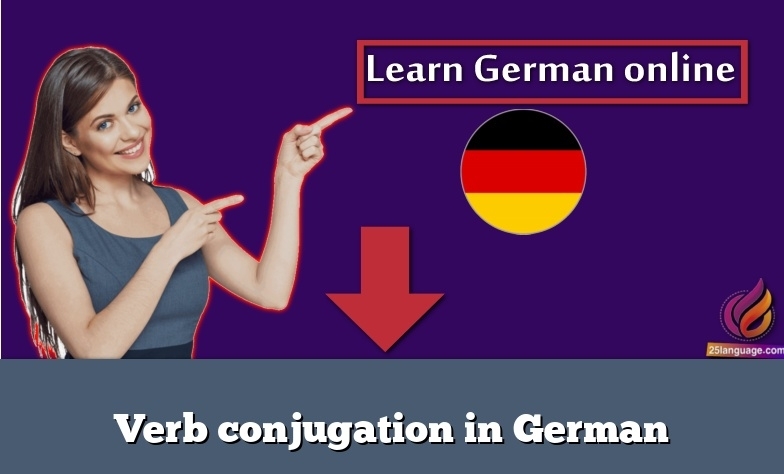Verb conjugation in German

Verb conjugation in German are slight changes made to the end of German verb stems/roots that reflect person, number, voice, tense, and mood.
Verb conjugation in German are used in all tenses (e.g. past, present, and future) and moods (e.g. imperative and subjunctive) and voices (active & passive) and also vary based on the person (1st, 2nd, or 3rd) and number (singular or plural)
There are 3-8 typical German verb base conjugations, dependent upon how we want to think about it.
If we think of each of the eight ‘persons’ (I, you, he/she/it, we, you [plural], you [formal, singular, and plural], they) as having their own verb conjugations, then we get 8.
Here are the 8 ‘persons’ with their bolded conjugations of the German verb ‘machen’ (to do; to make) in the present tense (e.g. lining up with ‘I do, you do, he/she/it does’, etc.):
| Singular | Plural | |
| 1st | ich mache | wir machen |
| 2nd (informal) | du machst | ihr macht |
| (formal) | Sie machen | Sie machen |
| 3rd | er/sie/es macht | sie machen |
4 German Verb Conjugations

And if we don’t count using the verb infinitive (in this case ‘machen’ is the infinitive) as a ‘conjugation’ per se, we can get down to just 3 German verb conjugations:
3 German Verb Conjugations

Operating under the principle of ‘less is more’ seems prudent to me, so I’ll teach you how to think of German verb conjugations calculated as just THREE options (-e, -st, -t) plus usage of the infinitive verb itself.
These 3 German verb conjugations are used in various tenses, moods, and voices, but in different combinations (and, of course, along with other details).
It’s best to first focus strictly on German verb conjugations in the present tense, so let’s look at them side-by-side with the English conjugations of ‘to do; make’:
German verb conjugations (in English)
| I make |
| you make |
| he/she/it makes |
| we make |
| they make |
In the English present tense, we have only two possible conjugations:
- Most of the pronouns pair simply with the infinitive verb itself: make.
- Only he / she / it actually takes a conjugation: an ‘s’ for ‘makes’.
These same principles apply to English verbs as a whole –try plugging in other common verbs such as ‘to come’, ‘to see’, or ‘to bring.’
Those same conjugations in German look like this:
German Verb Conjugations (Present Tense)
English vs German
| English | German |
| I make | ich mache |
| you make | du machst |
| he/she/it makes | er/sie/es macht |
| we make | wir machen |
| they make | sie machen |




























